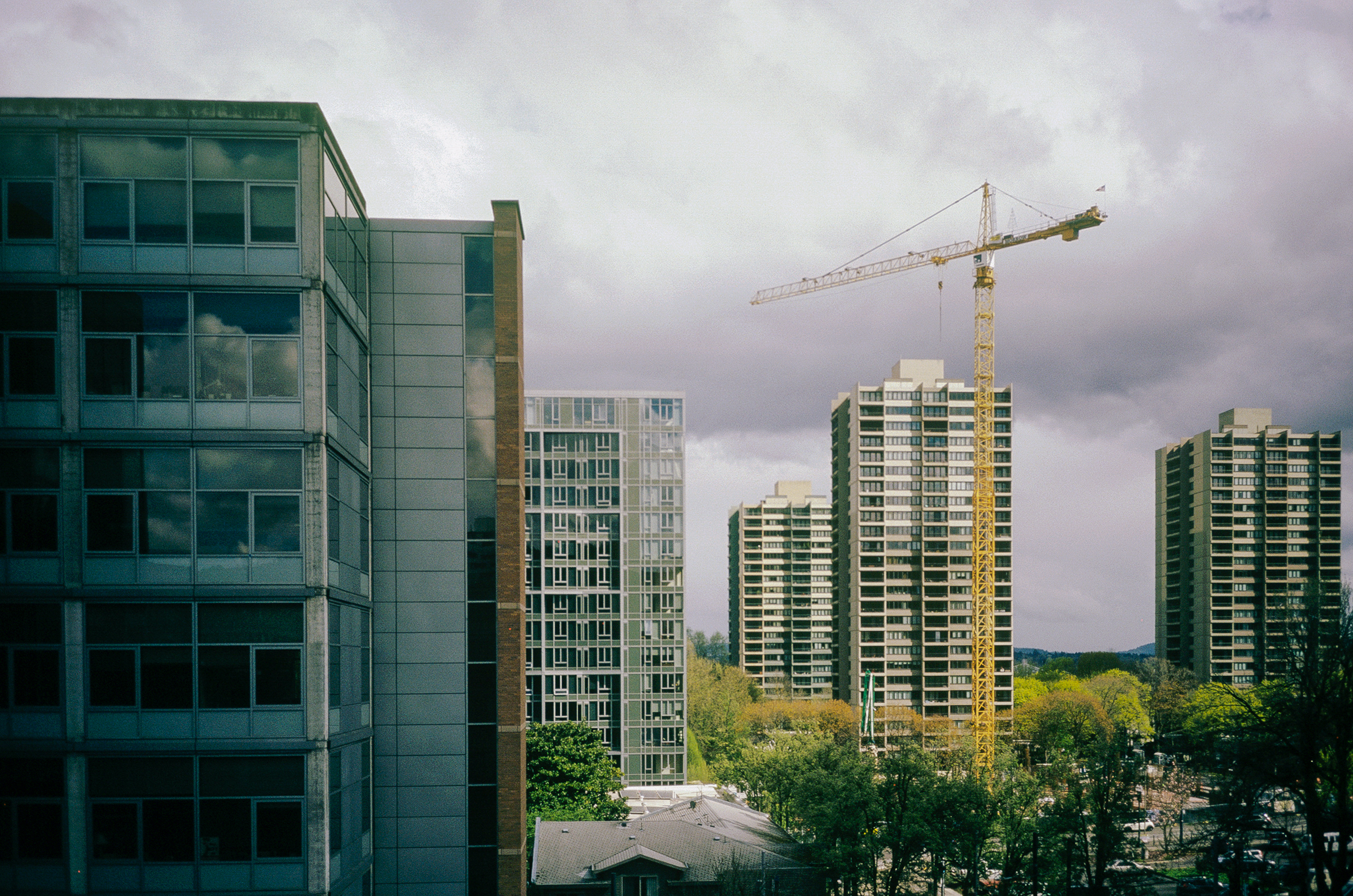The 2018 General Election ballot on Nov. 6 will include Portland’s Housing Bond initiative, which aims to authorize $652.8 million in general obligation bonds to fund the acquisition of 3,900 affordable housing units in the Portland Metro area.
“I think 3,900 units will make a difference for a lot of households,” said Marcco Higham, a Portland State senior in the Toulan School of Urban Studies and Planning. “It needs to be greater but that’s a good start.”
The plan’s policy framework aims to build affordable housing for low-income households; purchase, rehabilitate and preserve affordability of existing housing; buy land for affordable housing; and help prevent displacement.
According to Metro, the bond is estimated to cost area homeowners 24 cents per $1,000 of assessed property value annually, or approximately $5 per month on average. A City Club report states units would be built over a five to seven-year period, and costs would be spread out over the course of 30 years.
In addition to the bond, there is a statewide constitutional amendment on the ballot that would allow private developers to establish, own and operate publicly financed affordable housing in partnership with public agencies.
The Oregon Constitution currently prohibits government agencies like Metro from sharing ownership with private developers or entering into partnerships that use any federal funding. Without this partnership, Metro would be unable to enter into public-private ventures to use funds from the bond measure, affecting how the bond is implemented. If the amendment does not pass, the number of units acquired will go from 3,900 to 2,400 and the number of units for low-income renters will go from 1,600 to 1,200.
Shannon Singleton, an instructor in PSU’s Graduate School of Social Work who teaches social welfare policy, spoke in favor of the bond at a debate hosted by the City Club of Portland on Sept. 14.
Singleton, a commissioner for the Portland Housing Bureau and executive director for local houselessness advocacy organization JOIN, said the language of the bond was developed with a focus on racial equity by incorporating the input of groups and individuals representing communities of color.
“I think that the [Metro] region does a lot of talking about racial equity, but I don’t know that they’ve done their own work on how to actually implement racial equity,” she said. “I think that’s really important for officials and leaders to learn how to do that so that they can have a more intelligible conversation about the impacts of race, institutional racism and the realities of the historic racism in Oregon, and how it has impacted communities of color.”
Gerard Mildner, a professor of real estate finance at PSU said he was concerned the bond would harm a portion of the population already struggling to meet housing costs.
“We have a substantial number of people out there who are having trouble affording their homes,” Mildner said. “Any increase in taxes is a burden on those folks. So while we can make the argument that…we’re helping about 10 percent of the folks [whose incomes] fall [at or below 60 percent of the area median income], we’re hurting about 90 percent of those [other] folks…The message we’re trying to drive home is that we need to have some compassion for those 90 percent who can’t afford these steadily increasing taxes.”
At the meeting, Mildner criticized the effectiveness of Portland’s Housing Bond and said he thought Portland should be investing in infrastructure instead.
Singleton responded that housing is infrastructure. “The rents are increasing every year now,” she said. “I too am a renter…The idea that rents aren’t going to increase—they have continued to in the region over time and they’re expected to increase again in the coming years. So that idea of the cost being passed on to renters is already happening, but it’s not actually going to build affordable housing, it’s just going into the pocket of the landlord.”
Higham said he thinks the issue of affordable housing goes beyond the debate over the ballot measures. “I think housing is really complicated,” he said. “I think the U.S. needs to rethink its approach to housing. It needs to not be so dominated by the private market—treating housing as a commodity is always going to cause a shortage of housing for people.”







Unfortunately, these students don’t consider that by imposing continual additions to property tax rents will continue to climb. Portland’s, and Multnomah County’s safe go-to, property tax, is unfair to homeowners and targets them for funding needs that people, like these students, think are a great idea but don’t want to pay for themselves.